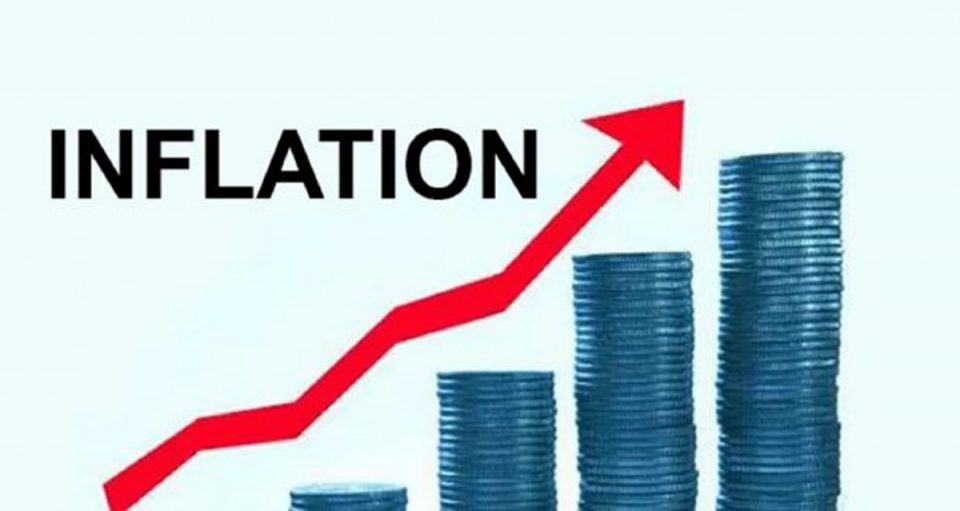Nigeria is expected to continue facing economic instability in 2024 due to double-digit inflation, according to a report by the Economist Intelligence Unit (EIU).
Other countries listed in the report include Angola, the DRC, Egypt, Ethiopia, Ghana, Sudan and Zimbabwe.
The EIU noted that inflation will remain strong in these countries in 2024 due to elevated oil prices, and this will likely adversely affect economic conditions.
The report read: “Inflationary pressures are expected to ease from the more elevated levels recorded in 2023 for all but a small handful of African countries—namely Angola, Seychelles, Sudan and Tanzania, where country-specific factors will push up consumer price inflation. An easing of consumer price pressures will be a welcome relief for policymakers and households.
“However, inflation will run strong into 2024 and remain a central story for several large economies, including Angola, the DRC, Egypt, Ethiopia, Ghana, Nigeria, Sudan and Zimbabwe. These countries will continue to suffer the economic instability generated by another year of double-digit consumer price inflation, largely driven by elevated oil prices.”
Double-digit currency depreciation
The EIU also predicted that Nigeria and four other African countries will have a double-digit currency depreciation in 2024 due to unsupportive monetary policy.
It stressed its earlier statement on the Central Bank of Nigeria lacking the firepower to sufficiently supply the foreign exchange market or clear existing forex backlog.
It added that high inflation and widening exchange rate premium will drive an unstable exchange rate with regular devaluation.
“Elsewhere, double-digit currency depreciation is anticipated in the major economies of Egypt, Sudan, Ethiopia, Angola and Nigeria.
“In Nigeria, an unsupportive monetary policy implies that the naira will remain under pressure, while the central bank lacks the firepower to adequately supply the market or clear a backlog of foreign exchange orders, which will keep foreign investors unnerved.
“High inflation and a continued spread with the parallel market will leave the exchange rate regime unstable and result in periodic devaluation.”
Recall that Nigeria’s inflation rate increased to 27.33 per cent for the month of October- an 18-year high. The figure represents a 0.61 per cent increase from what was recorded in the previous month and marks a ten straight month of increased inflation. The CBN recently stated that the current inflationary pressures may continue in the near term.



